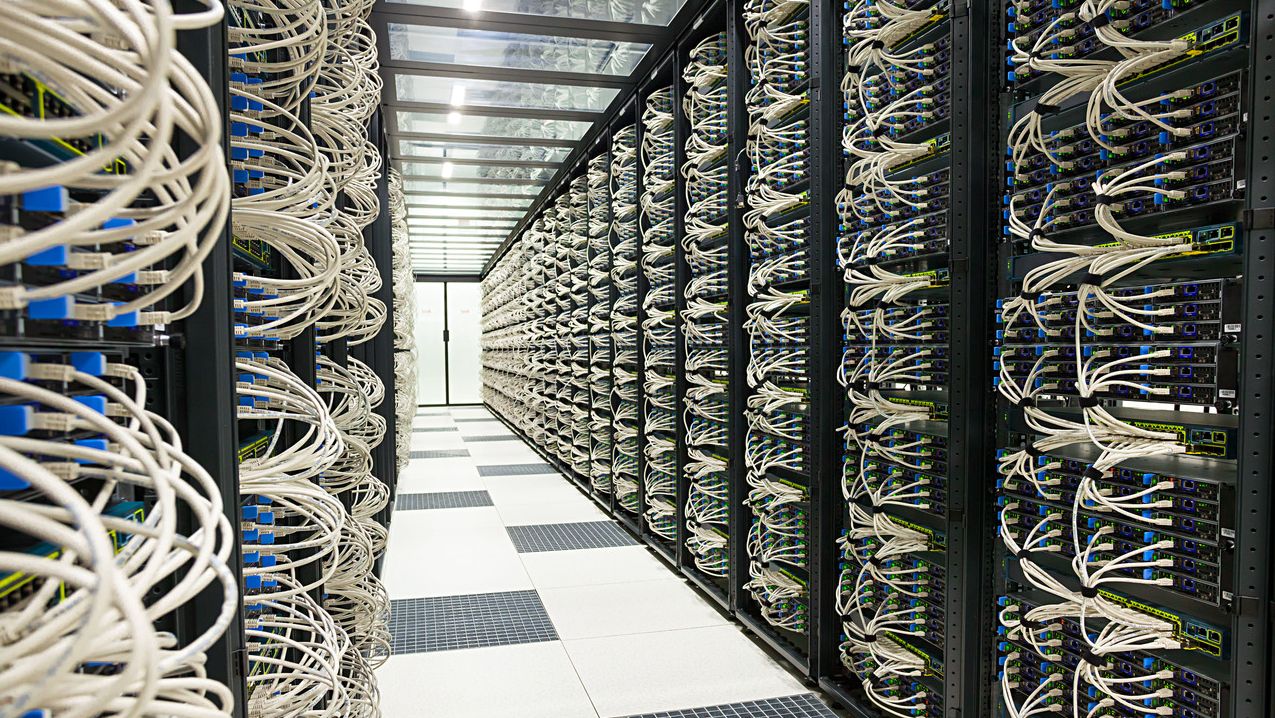
Recently, a team from Hotwire sat on a roundtable, discussing an uncomfortable truth about data centers. While they are imperative for the digital society that is emerging, the industry has so far failed to build the public trust that is needed to support their necessary expansion.
Communities worldwide protest any construction close to their homes, evolving regulation requires frequent changes, and environmental scrutiny places huge pressure on operators.
We often see articles in the media that react to assertions and claims against data centers and their suppliers, but this reactionary approach to communications is rarely the best method. Instead, it is better to employ proactive communications, shaping public perception and building and scaling trust before it’s needed.
Associate Director at Hotwire.
Why proactive communication matters
Research from Hotwire’s Frontier Tech Confidence Tracker demonstrates the need for better, more proactive business communication by highlighting a fundamental disconnect between industry optimism and public skepticism around frontier technologies, many of which are enabled by data centers. While business leaders scored tech confidence at 77/100, the public gave it just 48/100.
This trust gulf matters enormously to data centers. They don’t just host servers; they are the driving force behind transformative technologies like artificial intelligence, cloud computing, edge technologies, and, soon, quantum computing. If the public doesn’t trust these foundational technologies, then the case for constructing, upgrading, and maintaining data centers becomes harder to justify and support.
The research also showed just 36% of the public trust companies using frontier technologies without transparency. So, is transparent communication the answer we’re looking for?
Default to transparency
To move from reactive to proactive communications, the first and most crucial step is to embrace transparency as a standard practice. This doesn’t mean disclosing intellectual property secrets or publicizing every client relationship. Rather, it involves consistently sharing clear, relevant information that fosters understanding, builds credibility, and demonstrates a genuine commitment to openness.
For example, data centers are under huge scrutiny for their carbon footprint. It’s vital to get in front of this argument by publishing regular environmental performance data, highlighting efficiency improvements and displaying sustainability initiatives. Share updates on renewable energy procurement and waste heat recovery solutions, and make these reports accessible. Remember your audience. If you’re speaking to the public, bin the jargon and use plain language alongside colorful data visualizations and summaries that bring the data to life.
Another common concern is the economic impact of data centers and their component technologies. Frontier technologies, and specifically AI tools, are regularly tied into debates about job markets and local investment. Communications teams can flip this narrative by producing content that demonstrates a facility’s contribution to the local economy, job creation, tax contributions, and community partnerships. When communities understand the value a data center brings, they are more likely to become advocates than detractors.
It’s also helpful to clear up misunderstandings about what happens inside a data center. While the public may not care about the technical details, content that explains operations and the digital services enabled by data centers, using analogies and local examples, can bolster understanding and support.
Leveraging credible voices
Returning to the confidence tracker, it revealed that 43% of the public places the greatest trust in scientists and researchers when seeking reliable and accurate information about technology. This insight should be applied when shaping how businesses craft and deliver their communications to key stakeholders.
Whether communications are handled internally or externally, there is value in collaborating with universities and research associations on studies relating to data center efficiency, environmental impact, or economic contribution. These are the societal implications that matter to the public, and peer-reviewed research carries more weight than corporate content.
Partnerships like this can also be promoted via other channels. Businesses might consider hosting forums or expert panels that educate and inform, while also demonstrating a commitment to objective analysis.
They might also consider how to elevate executive communications to promote environmental initiatives. The key is to show that leadership genuinely cares about the same issues as the wider community. Being green mustn’t be seen as just a box-ticking exercise; it should appear as a shared value.
The path forward
The data center industry is experiencing a pivotal moment in its history, marked by rapid technological advancement and growing societal expectations. To be successful, it needs to embrace its role as a responsible steward of the digital world. This requires proactively fostering public understanding and transparency.
When a business invests in proactive communications, it creates competitive advantages that build over time. Facilities with strong community relationships, for example, face fewer disruptions and more cooperative regulatory environments. They attract the best talent and find expansion easier.
The trust deficit shouldn’t be seen as a challenge but as a call to action. The data center operators and suppliers who answer with sophisticated, proactive communications strategies will define the industry’s future.
We list the best marketing roadmapping software.
This article was produced as part of TechRadarPro’s Expert Insights channel where we feature the best and brightest minds in the technology industry today. The views expressed here are those of the author and are not necessarily those of TechRadarPro or Future plc. If you are interested in contributing find out more here: https://www.techradar.com/news/submit-your-story-to-techradar-pro






